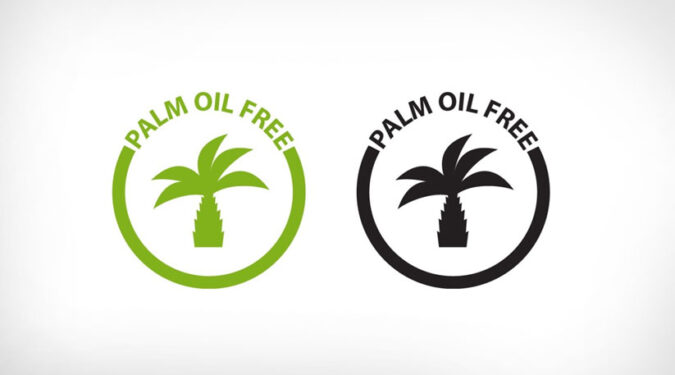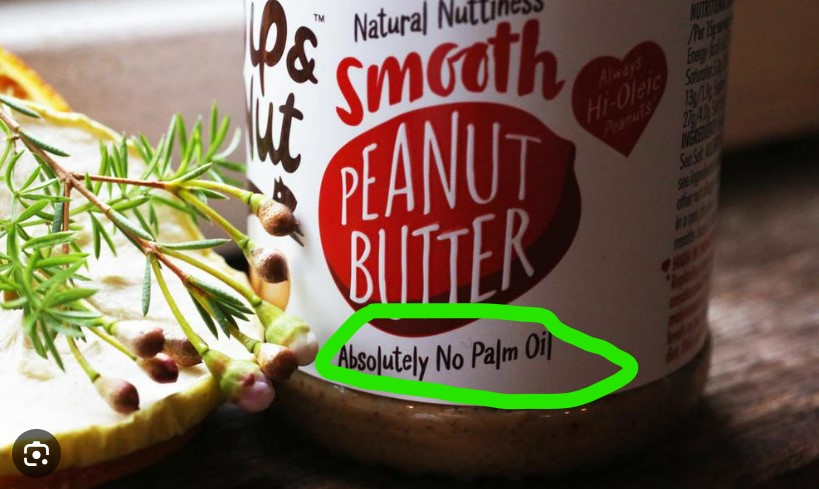Letter to editor
SUCH labels imply that consumers’ interest is best served if products containing palm oil are avoided.
Consumers have the right to expect information on food quality and constituents that is helpful and clearly presented so that informed choices can be made.
Food labels were supposed to provide consumers with relevant information such as nutritional composition, origin, serving suggestion and precautionary measures, among others.
However, there are also labels that are merely a part of a marketing scheme to confuse consumers. The “No Palm Oil” label implies that avoiding products containing palm oil somehow benefits the environment or consumer health or both.
“No Palm Oil” labels found on food, personal care and household products or any product that requires the use of vegetable oils are discriminatory and misleading as there is no substantial scientific evidence suggesting that consuming palm oil is hazardous for our health.
Is palm oil unhealthy as the label implies? Palm oil has a balanced content of fat (50% saturated, 50% unsaturated).
The more saturated the oil or fat, the more solid the consistency and conversely, the more unsaturated the oil or fat, the more liquid is the consistency.

Consumers often associate saturated fat as being bad for health. However, as far back as 2014, a study by Gates Cambridge Scholar, Dr Rajiv Chowdhury, published in the journal Annals of Internal Medicine found that total saturated fatty acid – whether measured in the diet or in the bloodstream as a biomarker – was not associated with coronary disease risk in the observational studies.
Misleading statement
Findings from research by the Nutrition Foundation of Italy also showed there was no significant evidence to conclude that saturated fat was associated with an increased risk of coronary heart diseases or cardiovascular diseases.
What has been receiving most attention in European media and public opinion is the connection made between palm oil production and the destruction of rainforests.
In terms of deforestation, an important piece of research was recently published by Global Forest Watch in June 2023 which noted a sharp reduction in forest loss in Malaysia.
This suggests the hard work of Malaysia’s palm oil industry and government is really starting to bear fruit in reversing deforestation, with some 83% of palm oil refining capacity now operating under a “No Deforestation, Peat and Exploitation (NDPE)” commitment.

To get the same amount from alternative oils like soybean, coconut or sunflower oil, you would need anything four to 10 times more land which would just shift the problem to other parts of the world and threaten other habitats, species and communities.
Even the WWF acknowledges that palm oil can contribute to sustainability if it’s managed properly. But if we denigrate sustainable palm oil through “No Palm Oil” labelling, then we remove the need to grow sustainable palm oil which creates even more deforestation and more carbon emissions.
It therefore appears that the “No Palm Oil” label misleads consumers on the negative properties attributed to palm oil, the health effects from consuming palm oil and negative environmental impact through the production of it.

If the issue remains uncurbed, in the long run, it can potentially cripple Malaysia’s palm oil industry in terms of income, livelihood, research and development.
It is best to opt for products with sustainably sourced palm oil or in fact, any vegetable oil. As consumers, we must approach the consumption of goods without extreme beliefs and understand the underlying issues before making an informed purchasing decision.
If the practice of making unsubstantiated statements on foodstuff continues to proliferate, then the aim of protecting and empowering consumers are rendered meaningless, and that includes the introduction of Regulation (EU) No 1169/2011 on the provision of food information to consumers (FIC Regulation) which became law on Dec 13, 2014.
While taking pride in the strength of its institutions, the European Union (EU) must promote greater transparency around consumer protections. Continued and unabated use of the “No Palm Oil” label only serves to demolish the very roots and principles upon which the EU’s institutions have been established. – Oct 31, 2023
FLK
Kuala Lumpur
The views expressed are solely of the author and do not necessarily reflect those of Focus Malaysia.










